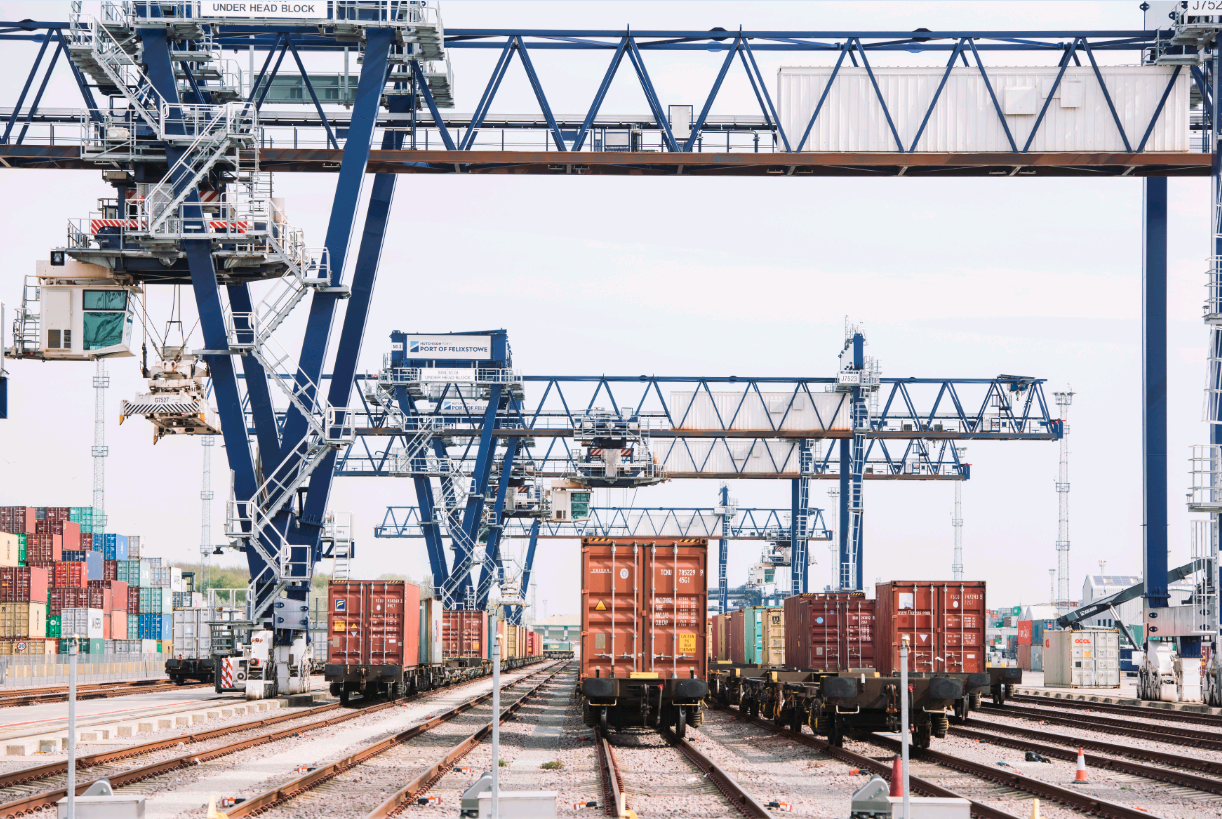769 words / 4 minute reading time
- Some food producing countries are withholding food exports in response to COVID-19 .
- This is partly to safeguard short-term domestic supply, but also to partly to try to ensure better prices.
- If this behaviour spreads it could impact global food availability.
Which Countries are Withholding Supplies?
Russia
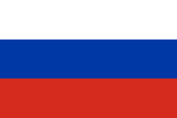
- The world’s largest wheat exporter, and second largest exporter of grains (buckwheat, rye, sun seeds etc), has implemented export restrictions to protect domestic supplies.
- Grains exports cannot exceed 7m tonnes in Q2’20.
- This is unlikely to have a large impact on supply as this volume is roughly what Russia was expected to ship in the quarter.
- Russia will also release 1.5m tonnes of its1.8m tonne grains stockpile into the domestic market from April 13th to ensure supply to millers and bakers.
Ukraine
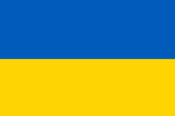
- The major grain and vegetable oil exporter are monitoring their wheat exports on a daily basis, amid growing concerns from local millers of bread and flour surrounding domestic prices.
- Wheat exports in April are running at around 14k tonnes per day, versus 44k tonnes a day in March.
Kazakhstan
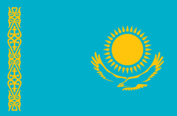
- Here, there has been a collective ban on the export of wheat flour (but not wheat kernels), buckwheat, sugar, sunflower oil and staple vegetables (e.g. potatoes and carrots).
- This ban is a stockpile measure and will be in place until 15th April.
- The move could directly affect Uzbekistan and Afghanistan, whose staple grain supply comes from Kazakhstan, as well as the global flour market.
- However, Kazakhstan is not a major exporter of sugar so this ban will have no effect on the sugar market.
Vietnam
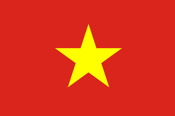
- Vietnam temporarily suspended all rice export contracts at the end of March to check domestic stock levels.
- The Trade Ministry yesterday asked the government to resume rice exports, but to limit them to 800k tonnes in April and May.
- This is 40% lower than last year’s volume in this time period.
Serbia
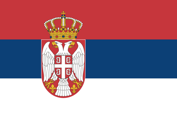
- Serbia have banned all exports of sunflower oil and staple vegetables.
Cambodia
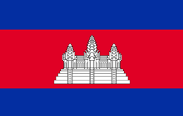
- As of the 5th April, Cambodia will be limiting rice exports until further notice.
Thailand
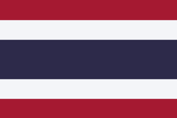
- Thailand have placed similar export limitations on rice and other major staples.
Are Export Restrictions The Key to Food Security?
It depends on how far into the future you want to look.
The short-term thought process is to withhold as much as possible as it protects the consumer from price inflation of goods and ensures a relatively healthy domestic supply.
The longer-term effect is that it leads to hoarding as more countries follow suit and there is a sudden rise in demand and global prices. The irony of national stockpiling is its effect on the domestic producers (farmers, mills, etc) who cannot properly leverage the new demand nor benefit from any global price spikes.
On a domestic scale, the disproportionate allocation of food supplies shows that the national interest is stifled as the ‘well off’ tend to benefit from food security more than the poor.
On a global scale, export bans can lead global markets into a state of volatility, this is often followed by political tension and in some cases, food fraud crises.
What Does an Export Restriction Mean For an Importing Country?
Collectively, the world’s top 20 producers of grains, cereals and staples account for over 80% of the supply into Asia, Africa and the Middle East. While the Asian and Middle Eastern economies have displayed some level of stability in the face of such crises, the biggest threat is faced on the African continent, where some of the poorer nations are majorly net food importers.
Sudden price spikes in countries with a limited capacity to respond to shortages typically result in a rapid exhaustion of buffer stock, followed by a decrease in affordability by the consumer leading to poverty and starvation. In a global pandemic, the last thing we want is to weaken the immunity of the population and increase their susceptibility to the virus.
